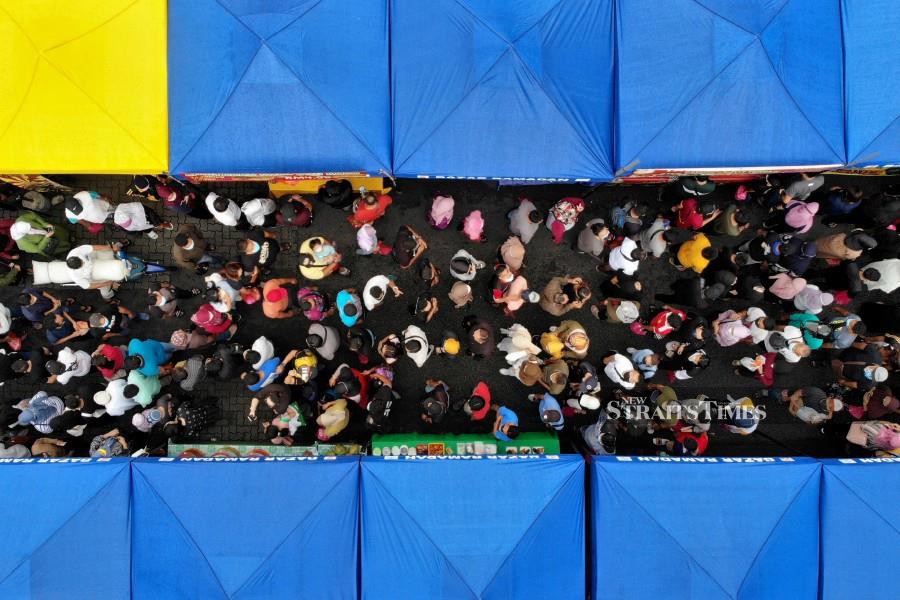
KUALA LUMPUR: Setting RM1 for a stick of chicken satay was a tough decision, but Mohd Hussin Nursaid had to do it to cope with rising prices of raw ingredients.
The 52-year-old, who was into the first day of trading at the Bangsar Ramadan bazaar, said he had to think twice about raising the price from 80 sen to RM1 this year.
"I had no choice as I have been selling it at 80 sen per stick for a few years. However, the cost of raw ingredients, especially chicken meat, has gone up, along with the other essentials I use in the marination recipe.
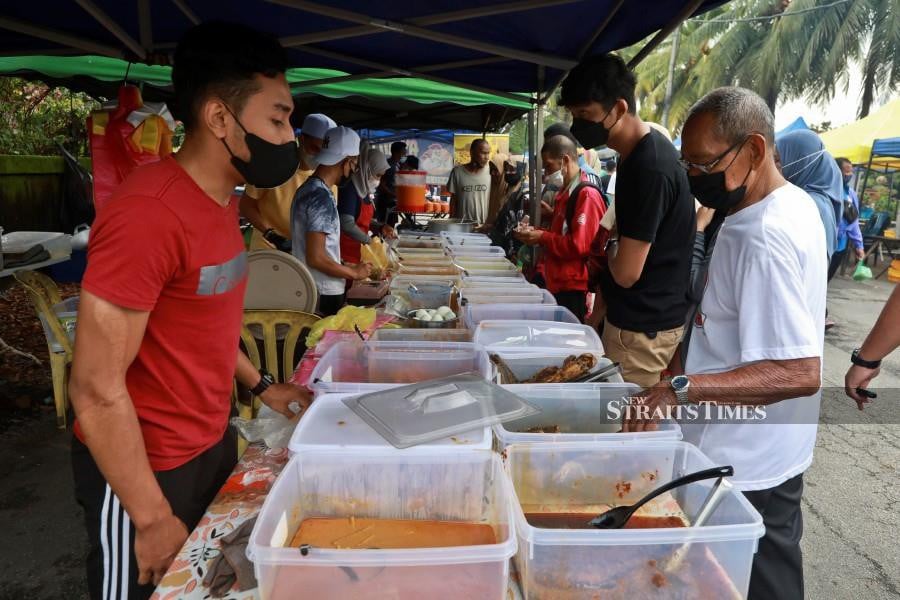
"Luckily for me, my customers do not mind the new price. I am glad I am able to maintain the price of beef and lamb satay at RM1.20 respectively," he told the New Straits Times today.
Mohd Hussin shares his stall with his 20-year-old niece, Lismawati Tugisman, who sells tepung pelita. He expressed hope for the government to do its best to keep the price of goods from going up.
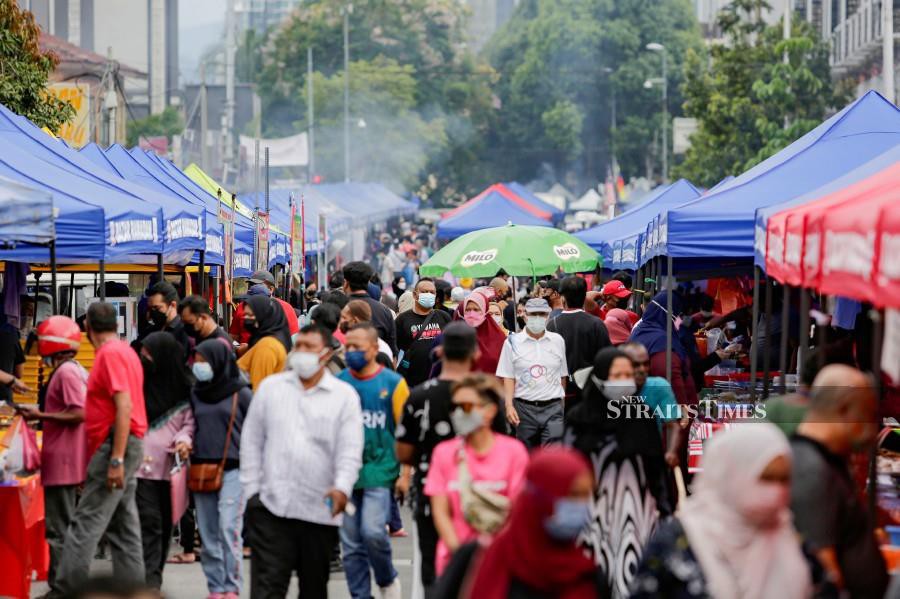
He said it was important for the government to monitor the ceiling prices to avert any upward trend during the holy month and the upcoming Hari Raya Aidilfitri celebrations.
Also lamenting the cost of raw food was Popiah Basah Mama Bangsar's operator Hafizul Mohd Ali, who had strategise ways to keep last year's RM6 per box price as he was against a price rise.
"Instead of putting a higher price, I decided to keep it at RM6 per box but reduced the quantity of popiah rolls to three from four.
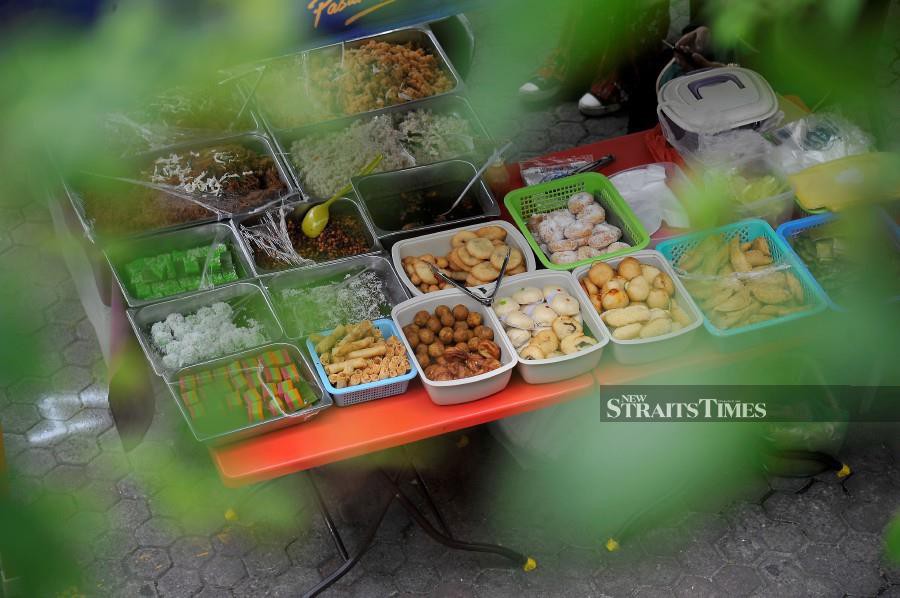
"However, these three rolls of popiah are of slightly bigger portions.
"This way, I get to save on the popiah skin instead of placing the price at RM7 or RM8 per box, which is frankly speaking, pretty steep for popiah and might scare people away," he said.
The 38-year-old said he had noticed the escalation of raw ingredient prices in the weeks leading up to the Ramadan month, especially ground chilli, which is an important part of making the popiah sauce, as well as peanuts and cooking oil.
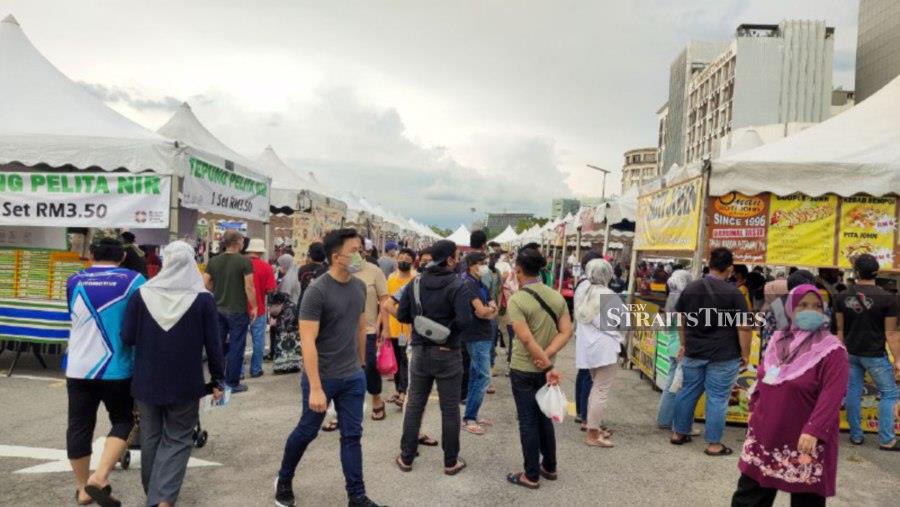
Meanwhile, retail associate Suffian Mohd Fauzi said the price of Roti John he had bought from the same stall last year had gone up by RM1.
He paid RM7 for the Roti John, adding that the price of kuih such as karipap and seri muka was 60 sen each; an extra 10 sen from last year.
"I feel the price is still okay and it is not that high. I guess now I would not be buying as many pieces of kuih muih as I did last year," said the 31-year-old.
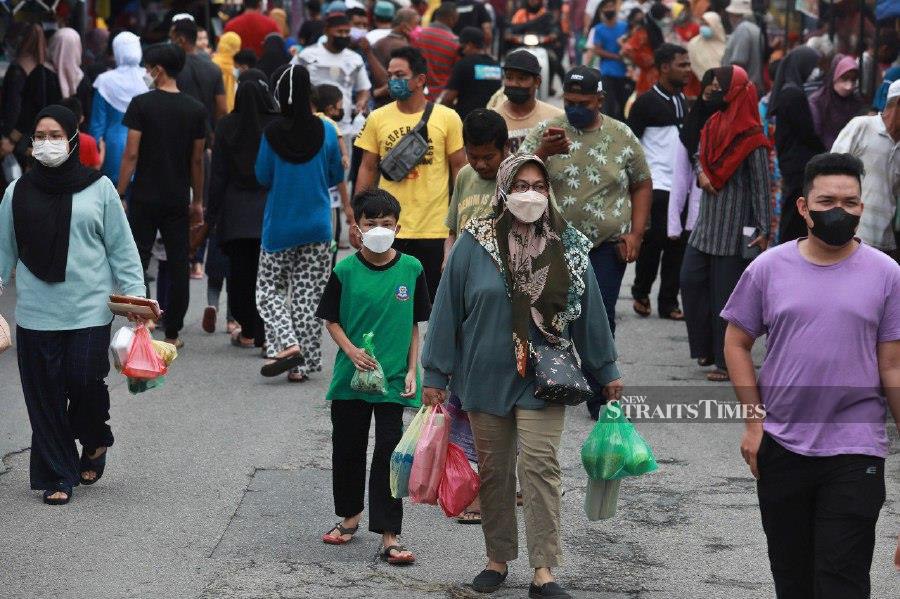
His colleague, 30-year-old Ag Suyito, said he was unable to mix a huge variety of kuih at RM2 for five pieces like last year.
"This time, the range of kuih for that price is limited. The stall operator had also individually priced other selected kuih," he said.
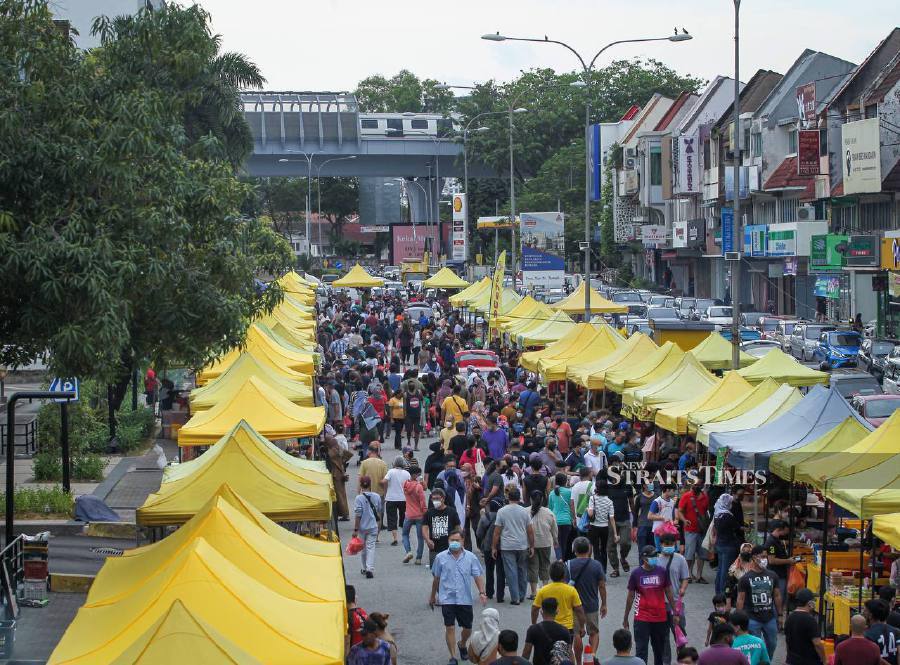
Ramadan bazaars were barred in 2020 at the height of the Covid-19 spread in the country.
In 2021, bazaars were only prohibited at Enhanced Movement Control Order areas.
Prime Minister Datuk Seri Ismail Sabri Yaakob, on Feb 13, said it was the government's stance to allow business activities, including Ramadan bazaars this year.
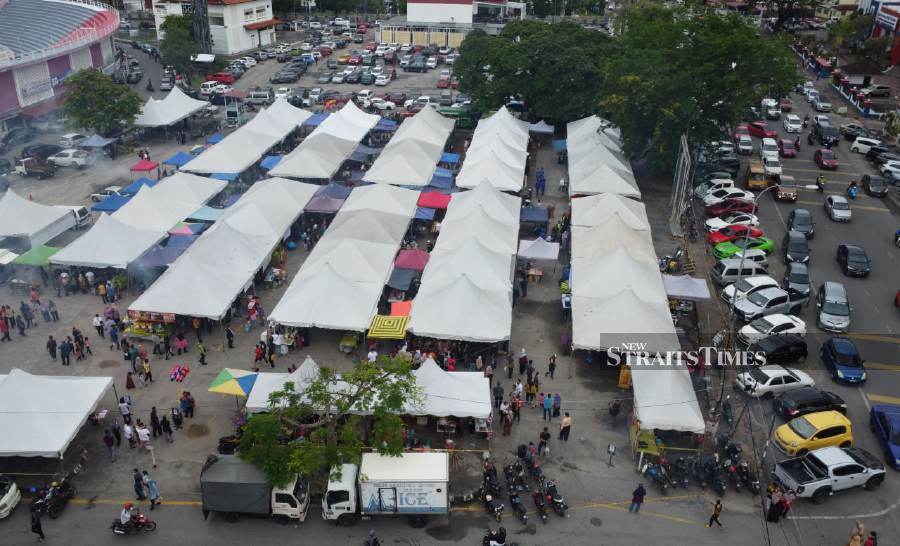
Malaysia, on April 1, began its transition to the endemicity phase amid the Covid-19 pandemic.
-NST



No comments:
Post a Comment
Note: Only a member of this blog may post a comment.